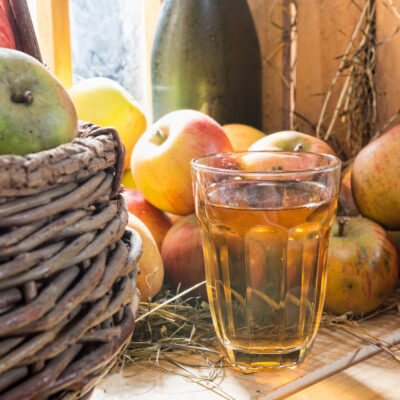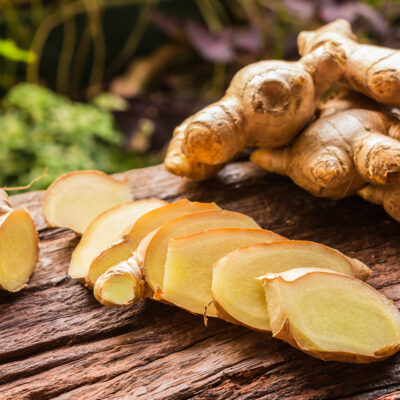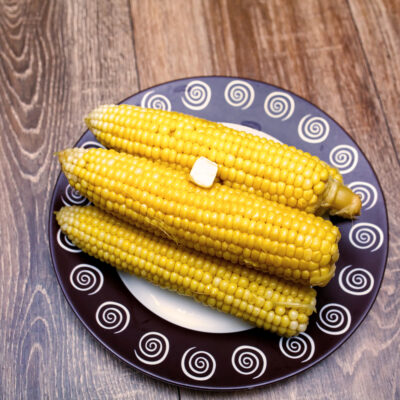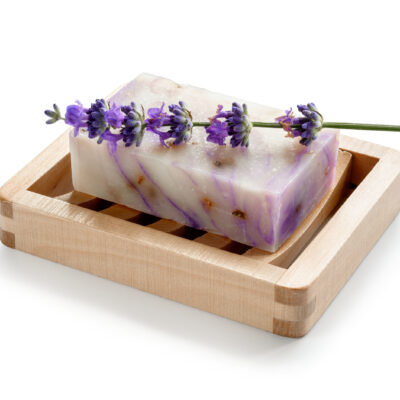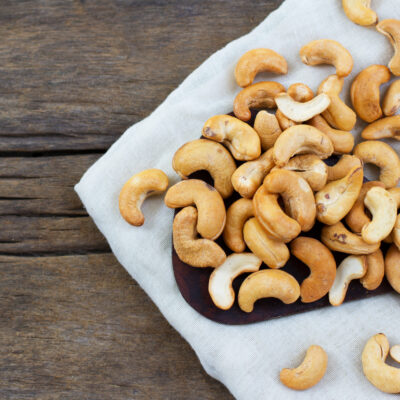
Health
Foods to Avoid with Eczema
More than 30 million Americans have some form of eczema. Eczema is a group of conditions that fall under the general term “atopic dermatitis”. This condition causes the skin to become itchy, red and inflamed. There is no cure for eczema, but there are over the counter and prescription treatments for the condition that can help in minimizing symptoms. There are also a number of foods that you should avoid to help lessen the effects of the condition. Eczema is often triggered or enhanced by the following foods: 1. Citrus fruits Chemicals found in citrus fruits including oranges, limes, lemons, and grapefruit often trigger an allergic reaction and should be avoided. 2. Dairy Milk and dairy products contain saturated fats and hormones which may raise inflammation in individuals who have eczema. 3. Gluten or wheat Although the exact cause is unknown, research has determined that there is a link between gluten and eczema. It is important to read labels to identify products that contain gluten. 4. Soy Soy is a common allergen. The Journal of Dermatology reported that avoiding soy for three months significantly reduces eczema symptoms. 5. Spices Certain spices including cinnamon, vanilla, and cloves are known to trigger outbreaks.
Read More 
